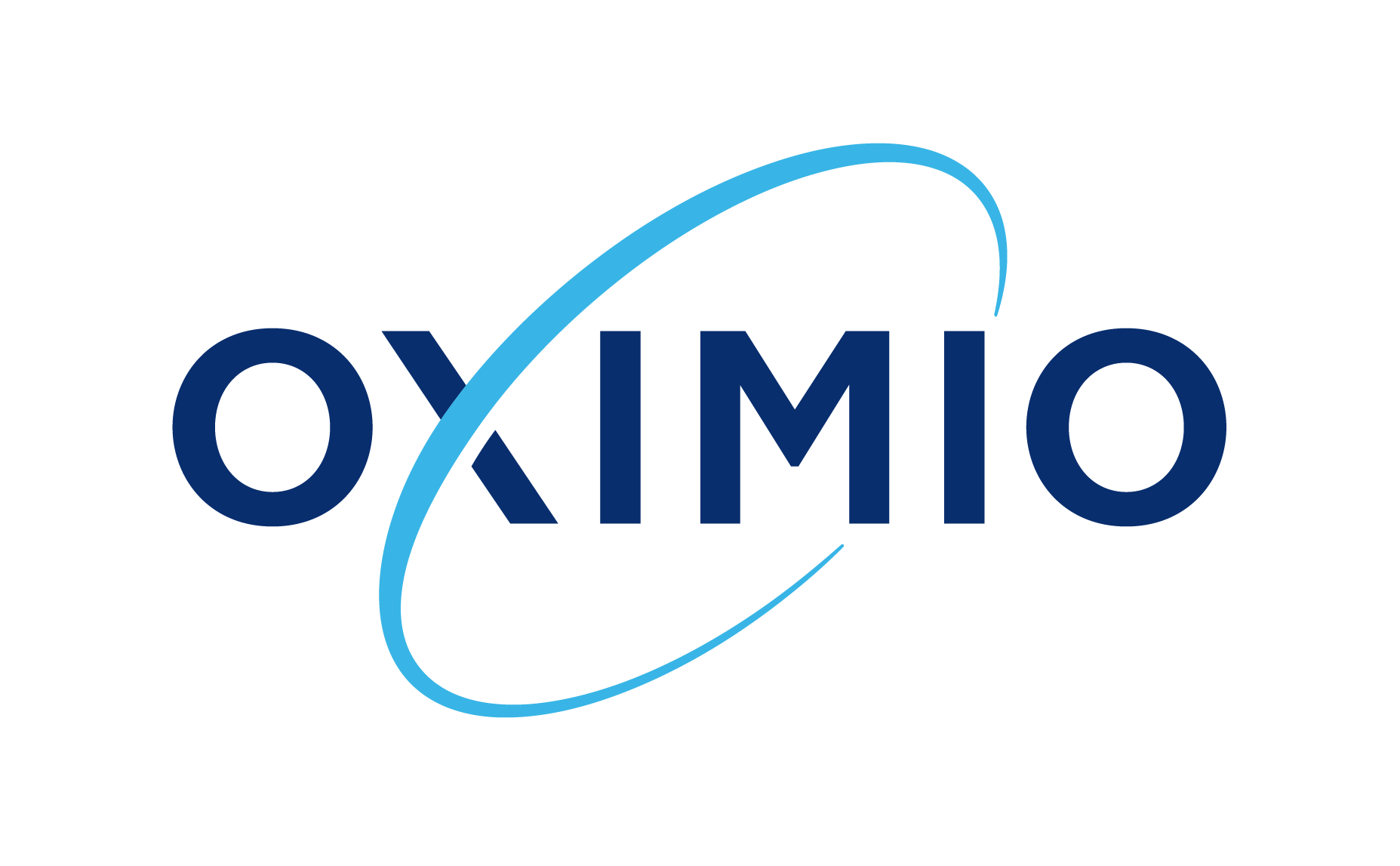Quality, Quality Assurance and Quality Control
What is Quality?
In a Supermarket we consider a punnet of Strawberries. We consider, colour, texture, size, even smell. We set ourselves a criteria, conditions, benchmarks or “must haves” right? When our set requirements are met, we purchase or receive a… QUALITY Product or Service!
Quality simply put is “Products and services that meet the agreed standards”. Quality, quality assurance, and quality control are concepts that play a vital role in ensuring the excellence and reliability of products, services, and processes.
Below is a useful insight into each of these terms.
Quality
Quality refers to the overall excellence, superiority, or fitness for purpose of a product, service, or process. It encompasses a broad range of attributes, characteristics, and dimensions that collectively determine the value and performance of the entity in question. Key aspects of quality include:
- Conformance to Specifications: Quality often involves meeting predefined specifications, standards, or requirements. Products or services that align with these established criteria are generally considered of high quality.
- Customer Satisfaction: Ultimately, quality is closely tied to customer satisfaction. If a product or service meets or exceeds the expectations and needs of the customer, it is considered of high quality. Customer feedback is a critical component of evaluating and improving quality.
- Reliability: Quality products or services are reliable and dependable. They consistently perform as intended without unexpected failures or defects.
- Consistency: Quality is not a one-time achievement but a consistent performance. High-quality entities maintain their level of excellence over time and across various instances.
- Fitness for Purpose: A quality product or service should effectively serve its intended purpose. It should meet the functional requirements and needs of the user.
- Cost-Efficiency: Balancing quality and cost is a fundamental consideration in many industries. High quality should be achieved while keeping costs reasonable.
- Continuous Improvement: Quality is a dynamic concept that requires continuous improvement efforts to enhance products, services, and processes to meet changing customer expectations and evolving standards.
Quality Assurance
Quality assurance is a systematic and planned approach to ensuring that quality standards and requirements are consistently met throughout the product or service development process. It focuses on preventing defects and errors and instilling confidence in the quality of the final outcome. Key aspects of quality assurance include:
- Standards and Guidelines: Establishing clear quality standards, guidelines, and specifications that must be followed during the development or manufacturing process.
- Process Management: Implementing well-defined processes and procedures to ensure that quality requirements are integrated at every stage of product or service development.
- Documentation: Maintaining comprehensive documentation to track and record quality-related activities, deviations, and corrective actions. This helps in traceability and accountability.
- Training and Education: Providing training and education to personnel involved in the production or delivery process to ensure they are aware of quality requirements and best practices.
- Risk Management: Identifying and mitigating potential risks that could impact quality. This involves assessing and addressing risks throughout the project or production lifecycle.
- Auditing: Periodic reviews and audits are conducted to assess the effectiveness of quality assurance processes and to identify areas for improvement.
Quality Control
Quality control is a subset of quality assurance and focuses on the specific activities and processes that are employed to monitor and verify the quality of products, services, or processes. It involves the systematic inspection, testing, and evaluation of the entity to identify and rectify deviations from established standards. Key aspects of quality control include:
- Inspection and Testing: Actively inspecting and testing products or services at various stages of production or delivery to ensure they meet the defined quality criteria.
- Data Collection: Collecting data on quality-related parameters and using statistical methods to analyse the data and identify trends or issues.
- Defect Identification and Correction: Identifying defects or non-conformities and taking corrective actions to rectify them, whether through rework, repair, or rejection.
- Process Control: Implementing control mechanisms to prevent quality deviations during the production or service delivery process.
- Verification and Validation: Verifying that the product or service conforms to specifications and validating its fitness for purpose.
In summary, Quality is the overarching concept related to excellence and fitness for purpose, quality assurance is the systematic approach to ensuring quality throughout the development process, and quality control is the set of activities and processes that focus on monitoring and verifying quality to prevent and correct deviations. All three concepts are essential for delivering high-quality products and services.
Quality Assurance for Clinical Trial Logistics from Oximio
Here at Oximio we ensure the highest Quality through our ISO certified 9001 QMS processes and procedures and by our employees providing excellence for client requirements and patient needs.
For further information on how we can support you with your clinical trial logistics requirements, please contact us: https://oximio.com/contact-us/
